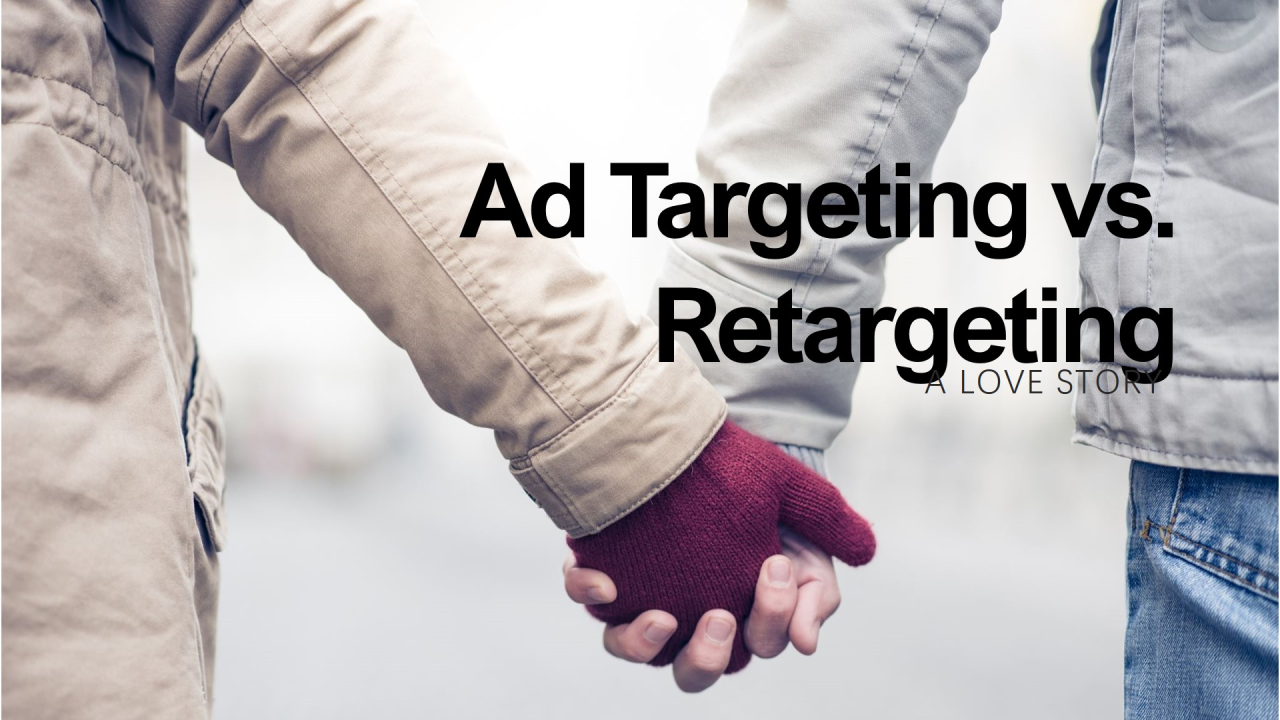Targeting, immediacy, ubiquity and more. Here are 10 reasons why radio matters because radio works.
1. Reach
- Radio is on 24/7, reaching 90% of people age 12 and older. Often considered a frequency medium, radio is an ideal reach medium when planned differently — especially based on Nielsen Audio PPM data.
- Reach 3 consumers 1X rather than 1 consumer 3X since that 1 consumer is less likely to need a product/service than any 1 of the 3 would be.
- Ads are most effective when they remind people of brands they know, at the time they happen to need a product or service
- Reminding is a perfect job for radio when used as a reach medium.
2. Targeting
- Radio’s diversity of programming affords advertisers niche channels to zero in on narrow target groups.
- Formats allow advertisers to speak selectively to consumers they want to reach.
- Local/regional structure means brands can focus on key marketing areas.
3. Immediacy
- Consumers vary in their stages of the purchase cycle — on-going Radio ads allow your product or brand to be front and center when people are ready to buy, even during off seasons.
- Radio reaches consumers close to the time and location of purchase, whether they’re in-store or online shoppers.
- Reach listeners in-car when they’re driving to stores, restaurants, etc.
4. Loyalty
- Radio continues to be perceived as central to people’s lives, especially when contrasted with the precipitous decline by other traditional media. (Source: Nielsen Audio/Edison Infinite Dial)
- Radio continues to be the #1 source of music discovery despite the numerous audio options that exist today.
- People spend more time listening to news on the radio each day than they do reading newspapers or getting news online. The amount of time people listen to radio news has remained more stable over the last decade. (Source: Pew Research Center for the People & the Press)
- Listeners tend to listen to relatively few radio stations and are extremely loyal to their favorites.
- Research shows that Radio listeners have a low level of ad avoidance, staying tuned in through commercial breaks.
- Because ads can run frequently and listeners tend to stay tuned for long periods of time, a brand that is big in Radio can create a disproportionately large share of mind for itself.
5. Engaging
- Listeners feel an emotional connection with their preferred Radio stations.
- Passive forms of advertising merely list merchandise or tell where a product is available. Radio is an active medium capable of stirring emotion, creating demand and selling products and services.
- Radio is a call-to-action medium.
6. Intimacy
- Approximately 1/3 of TV time is devoted to commercials, about 2/3 of newspapers comprise ad copy, and Internet users are now subjected to a barrage of advertising.
- With an average of 10 commercial minutes per hour (about 1/5 of each hour), Radio affords an uncluttered environment for advertisers.
- Radio ads are always forefront for the listener’s attention — ads aren’t surrounded by competitors’ spots or buried in the back pages.
7. Synergy
- Radio has a “multiplier effect” on other media.
- Audio-only medium stimulates a different part of the brain than video, print, online images.
- Adding Radio increases recall of TV, newspaper, Internet ads.
- Radio is proven to drive consumers to advertisers’ web sites.
8. Frequency
- Consumers need to be exposed to ad messages multiple times before they begin to respond.
- Radio’s relatively low cost in relation to other media allows advertisers to use multiple
stations to reach their targets and build frequency levels for maximum impact.
9. Creative Flexibility
- Radio stars in the theater of the mind, stimulates emotion-filled images within the listener’s own mind — voices, music, sound effects, recall of video images.
- No matter how small or large the advertiser, Radio allows creativity to brand and create a unique identity that consumers will remember.
- Affordable production allows tailoring ads for compatibility to various formats, increasing appeal to listeners
- Radio advertisers can adapt quickly to changes in their own situations and marketplace to make sure their dollars are effectively utilized.
10. Cost Effectiveness
- Radio production costs less than video and print.
- Radio is less expensive to buy than most major media, allowing advertisers to afford maximum reach and effective frequency.












